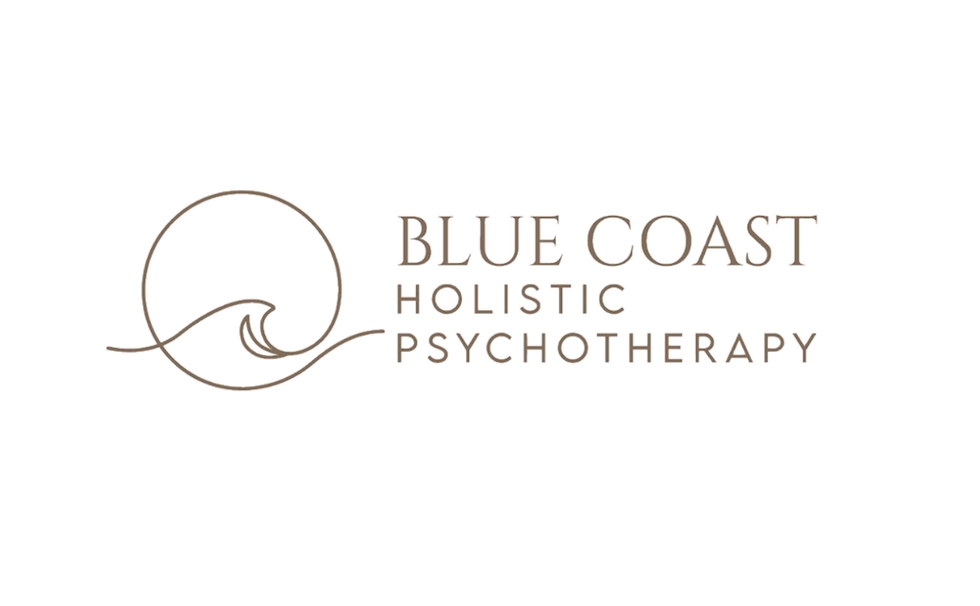What Really Makes Psychotherapy Work?
- Jul 23, 2025
- 4 min read
Updated: Jul 25, 2025
Psychotherapy, commonly known as talk therapy, is a valuable tool for individuals aiming to improve their mental health. This approach connects clients with trained professionals who assist them in navigating their thoughts, emotions, and behaviors. For many, therapy can lead to significant changes, promoting personal growth and healing. But what truly makes psychotherapy effective? In this post, we'll explore how therapy works, its benefits, and how it addresses a variety of concerns.

Understanding Psychotherapy
At its core, psychotherapy is about the partnership between therapist and client. This relationship is essential for effective therapy. Therapists use open dialogue and active listening to create a safe space for clients to explore their thoughts and feelings.
Additionally, psychotherapy includes various methods, such as cognitive-behavioral therapy (CBT), Eye Movement Desensitization and Reprocessing Therapy (EMDR), psychodynamic therapy, and humanistic approaches, each designed to meet unique client needs. Each method functions differently but shares the common goal of fostering self-awareness and developing coping strategies for mental health challenges.
The Benefits of Therapy
Psychotherapy offers numerous advantages for individuals dealing with many issues. Here are some key benefits:
Improved Mental Health
Therapy can significantly improve mental health by equipping individuals with tools to manage anxiety and depression. Research shows that approximately 60-80% of clients experience reduced symptoms after undergoing psychotherapy. This improvement can lead to a greater capacity for handling stress.
Enhanced Self-Awareness
Many individuals gain valuable insights about themselves through therapy, which boosts self-awareness. With improved understanding, clients can make better choices in their lives. For instance, a person might learn about their triggers and patterns, helping them make more informed decisions in relationships and careers.
Better Relationships
Therapy often helps clients tackle relationship issues, improving communication and fostering deeper connections with others. Someone might learn to express their feelings honestly, leading to a more fulfilling bond with a partner, or be more clear about the boundaries they need and find tools to put those boundaries in place.
Coping Strategies
Therapists provide clients with techniques to deal with life’s challenges, such as job stress or family conflicts. For example, a client struggling with workplace anxiety may learn mindfulness techniques that reduce stress in high-pressure situations, thus empowering them to handle adversity better.
Emotional Regulation
Many therapeutic modalities focus on working towards better emotional regulation, with some modalities being more skills-based than others. Clients identify their emotional triggers and develop ways to respond positively. This can result in improved relationships and overall well-being.
How Therapy Works for Various Concerns
Psychotherapy is versatile and effectively addresses various concerns. Here are examples of specific issues that therapy can help manage:
Anxiety Disorders
People with anxiety often find relief through cognitive-behavioral therapy. This method helps change negative thinking patterns and behaviors. For example, a client may learn techniques that allow them to confront and manage their fears in a supportive environment.
Depression
Therapy plays a crucial role in treating depression. It provides a space for individuals to explore the factors contributing to their feelings. A therapist might guide a client in identifying negative thought patterns and developing an action plan for recovery.
Relationship Issues
Whether facing marital disputes or difficulties with friendships, therapy can assist in understanding relationship dynamics. Couples therapy, in particular, focuses on rebuilding trust and communication. Statistics indicate that about 70% of couples report improvements in their relationships after engaging in therapy.
Trauma Recovery
For those who've experienced trauma, therapy is a structured way to process their experiences. Methods like Eye Movement Desensitization and Reprocessing (EMDR) help clients address distressing memories, facilitating the healing process.
Grief and Loss
Therapists guide individuals through grief, helping them explore their feelings after losing a loved one. Through therapy, clients can find constructive ways to honor their loss and discover paths towards healing.
The Role of the Therapist
A therapist’s role is critical to the success of psychotherapy. They bring expertise, empathy, and understanding to the therapy process. A skilled therapist fosters a respectful and supportive environment, helping clients feel safe and validated.
Therapists also utilize evidence-based techniques tailored to each client’s unique needs. This personalized approach can guide clients toward achieving their goals and overcoming obstacles effectively.
Overcoming Stigma and Barriers
One common challenge many people face is the stigma associated with mental health and therapy. Some individuals may feel ashamed or hesitant to seek help. It’s vital to understand that seeking therapy is a sign of strength and a proactive step toward better mental health.
Access to therapy can also be a barrier. Various options, including online therapy and student interns, aim to make mental health services more accessible.
A Pathway to Healing and Growth
Therapy is an effective tool for enhancing mental well-being and addressing psychological concerns. By fostering self-awareness, offering coping strategies, and providing a safe space for exploration, therapy empowers individuals to take charge of their mental health.
As our understanding of mental health evolves, so will the methods of therapy. Whether dealing with anxiety or relationship challenges, psychotherapy provides a clear pathway to healing and personal growth. Get started on your journey - reach out today.



